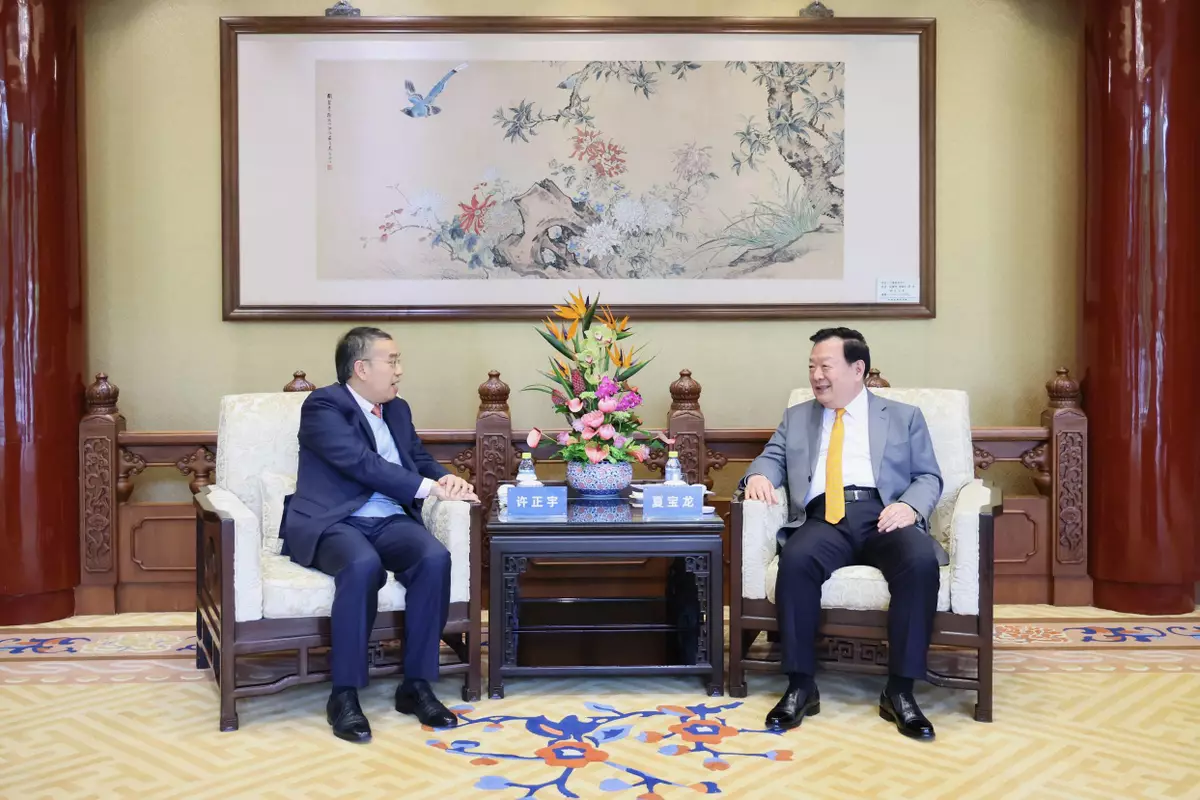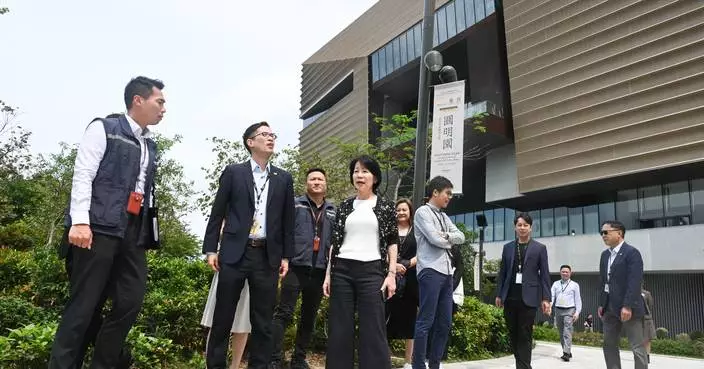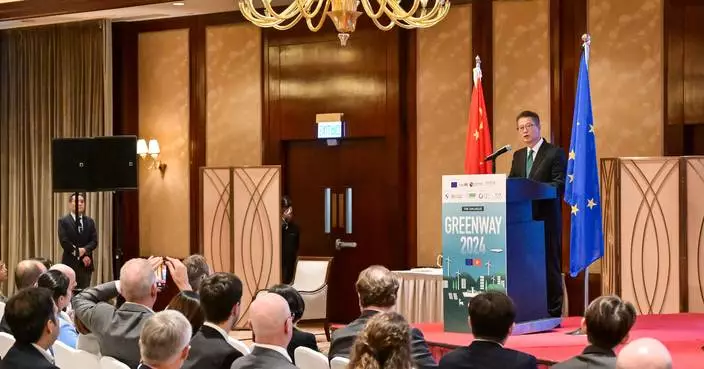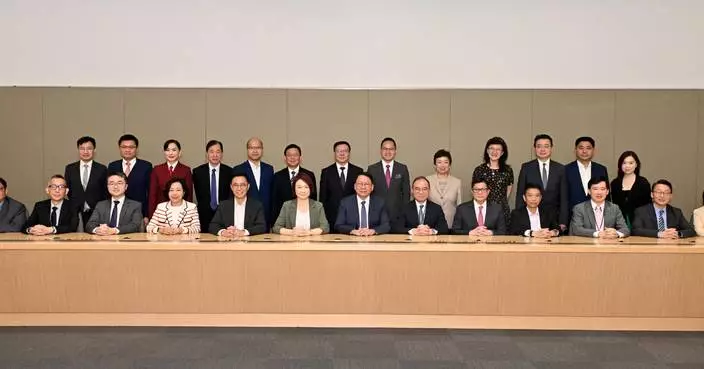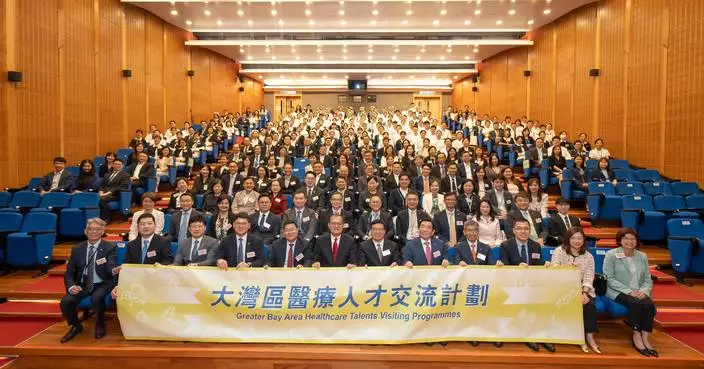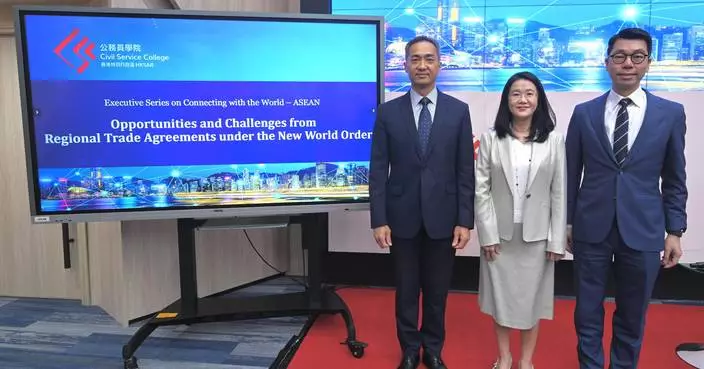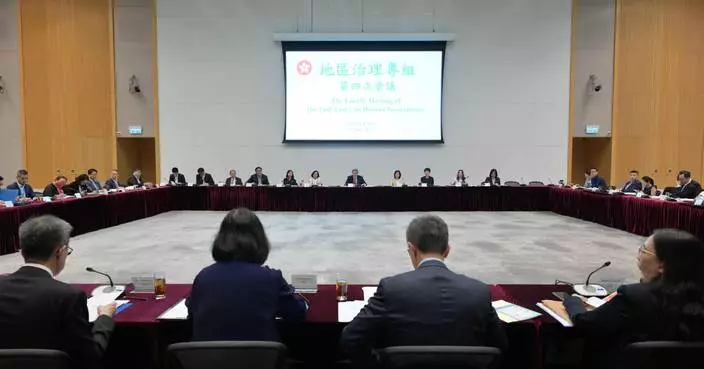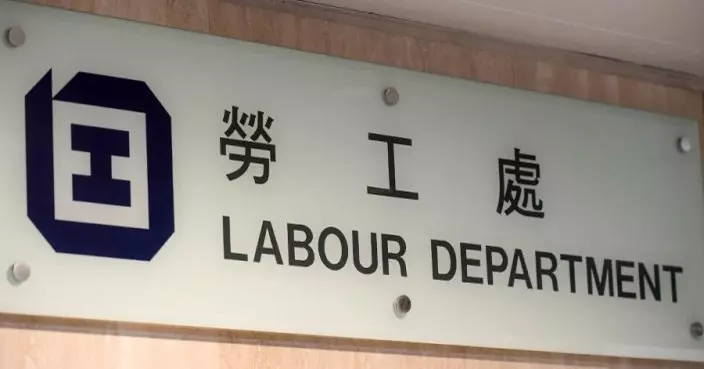Scs's insightful speech sets the tone at legco finance committee special meeting
Following are the opening remarks (English translation) by the Secretary for the Civil Service, Mrs Ingrid Yeung, at the special meeting of the Legislative Council Finance Committee this afternoon (April 15):
Chairman and Members,
Among the matters related to the civil service in the 2024-25 Draft Estimates of Expenditure, I would like to focus my introduction on the following items.
The first item is the civil service establishment. To ensure the sustainability of public finances, the Government has strictly controlled the civil service establishment, which has been maintained at zero growth since 2021-22. Bureaux and departments have enhanced effectiveness and efficiency through reprioritisation, internal redeployment, streamlining of work processes and adoption of technologies in taking forward new policies and initiatives of the Government and coping with the increase in workload. The Government will continue to maintain zero growth in the civil service establishment in 2024-25, with the aim of containing the establishment at a level not exceeding that as at end-March 2021. It is expected that there will be about 194 000 posts in the civil service establishment as at end-March 2025. In fact, as compared to that of end-March 2021, despite the continuous increase in public services, not only has the size of civil service establishment not increased in the four-year period, but has reduced by about 2 000 posts on an accumulated basis. It can be seen that bureaux and departments have employed different means to strictly control the civil service establishment together without affecting the provision of public services.
I understand recent concerns over the creation of civil service posts, which I would like to take this opportunity to explain. Maintaining the target of zero growth in the overall establishment does not mean that there can be no growth in the establishment of each bureau/department. The establishment of individual bureaux/departments may still increase having regard to operational needs and with full justifications, provided that the number of posts required to be created must not exceed that of deleted posts no longer required by other bureaux/departments for their operation and time-limited posts deleted upon expiry of duration, in other words there must remain no net growth in the overall civil service establishment.
I am aware that Members are also concerned about the creation of time-limited non-directorate posts and time-limited supernumerary directorate posts. In fact, both types of them are time-limited posts created for tasks that are time-limited in nature or might not be required in the long run. By "time-limited supernumerary directorate posts", it does not mean that they are counted outside the establishment. All time-limited non-directorate posts and time-limited supernumerary directorate posts are counted towards the establishment, i.e. about 194 000 posts as at end-March 2025 as mentioned earlier.
The second item is about civil service training. Civil servants are the backbone of the Government and the key to improving governance. The Chief Executive put forward a number of initiatives in his 2023 Policy Address to continue strengthening the civil service management system, including enhancing civil service training. The estimated expenditure related to civil service training is around $250 million in 2024-25. The Civil Service College (the College) will continue to take forward various initiatives to enhance civil service training and provide civil servants with training covering the areas of governance, leadership, public policy-making and international horizons. With the gradual resumption of Mainland and overseas training for civil servants starting from mid-2023, the College will arrange for more middle and senior-ranking civil servants to participate in Mainland and overseas training to further enhance their sense of national identity and broaden their international perspectives.
Regarding the medical and dental benefits for civil servants, the Government will continue to honour its contractual obligation as the employer and provide medical benefits for serving civil servants, pensioners and other eligible persons. The medical services provided by the Hospital Authority (HA) as part of the medical benefits have been included in the overall provision allocated to the HA. Regarding Families Clinic services and dental services provided by the Department of Health (including the pilot scheme on provision of dental scaling services to some civil servants and eligible persons via private dental organisations), a provision of around $1,149 million has been reserved. Also, we have reserved about $1,766 million for reimbursement to civil servants, pensioners and other eligible persons of medical expenses that met the criteria.
The Civil Service Bureau (CSB) will continue to implement various policies and initiatives. For example, on recruitment, we have drawn on our experience last year and stepped up publicity efforts to attract more people with aspirations to serve the community to join the civil service. Moreover, the CSB will continue to take forward the initiatives proposed in the Policy Address, including the Mainland Education Award Scheme for Children of Civil Servants launched in January 2024 and the provision of marriage leave and compassionate leave recently introduced in April 2024. We will closely monitor their implementation. We will also finalise and promulgate the updated Civil Service Code (the Code) as soon as possible, after which we will step up education and publicity on the core values and standards of conduct set out in the Code. The above measures will be implemented with existing resources.
Chairman, this is the end of my introduction. I would welcome questions from Members.




